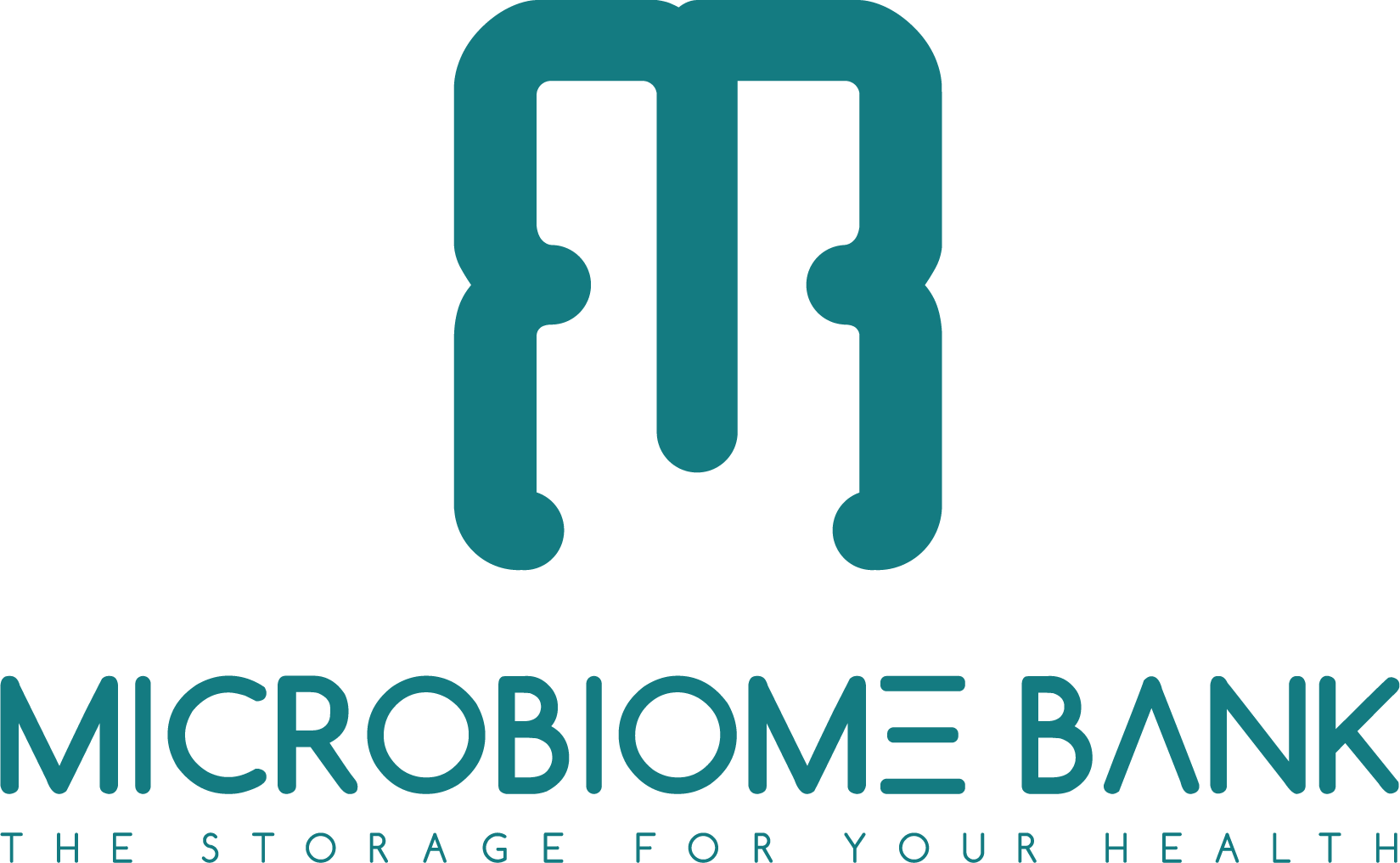Bugs in a Bottle: Friend or Hype?
He stood in the supplement aisle of a well-stocked organic market, staring at a wall of promises. Probiotics for immunity. Probiotics for stress. Probiotics for weight loss. Probiotics for replacing hair. Dozens of bottles with billions of CFUs per capsule, many costing more than a nice dinner. And yet, he couldn’t shake the question: Do these actually work?
He knew the hype. Knew the ones who generated it. And he knew the science. Probiotics – live microorganisms that confer a health benefit – have become a billion-euro industry. But most commercial formulations contain only a few species: Lactobacillus acidophilus, Bifidobacterium lactis, maybe Saccharomyces boulardii and maybe a handful of others. Helpful? Maybe. But compared to the thousands of species in the human gut, these were like repopulating a city with three types of professions.
So, as any doctor-turned-microbiota-enthusiast would do, he ran a self-trial. For two weeks, he took a high-end, multi-strain probiotic with 50 billion CFUs daily. He recorded sleep, mood, digestion, stool form, and was even thinking about running a shotgun metagenomic sequencing at the beginning and end.
The result? Mild improvement in bloating. No major changes in sleep or energy. The sequencing in many showed a transient uptick in the species consumed – but no meaningful shift in overall diversity or resilience. Within three days of stopping, those bacteria disappeared from his gut like tourists leaving a weekend Airbnb.
That matched the literature. Studies show that in healthy people, most probiotics don’t colonize – especially if the gut is already competitive. In contrast, prebiotics, fermented foods, and FMT have much deeper and more lasting effects. Probiotics are not useless – but they’re often overpromised and underdelivered.
Still, he didn’t dismiss them entirely. Certain strains – like S. boulardii for antibiotic-associated diarrhea, or L. rhamnosus GG for traveler’s gut (if no AutoBiome is available) – had real, targeted benefits. But for general health? “Probiotics,” he concluded, “are like guests at a dinner party. Polite, well-meaning… but not family.”
Next week: “I Fixed My Sleep, and My Gut Thanked Me” — how microbes and melatonin work in tandem.


